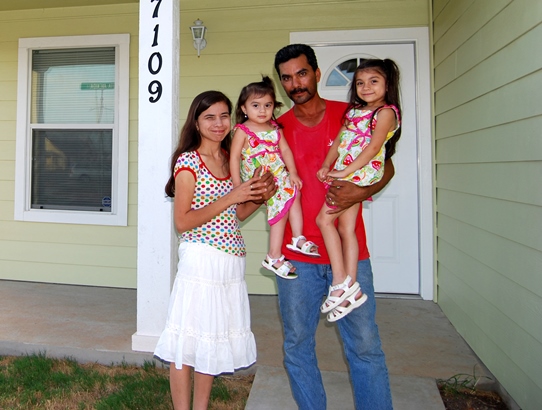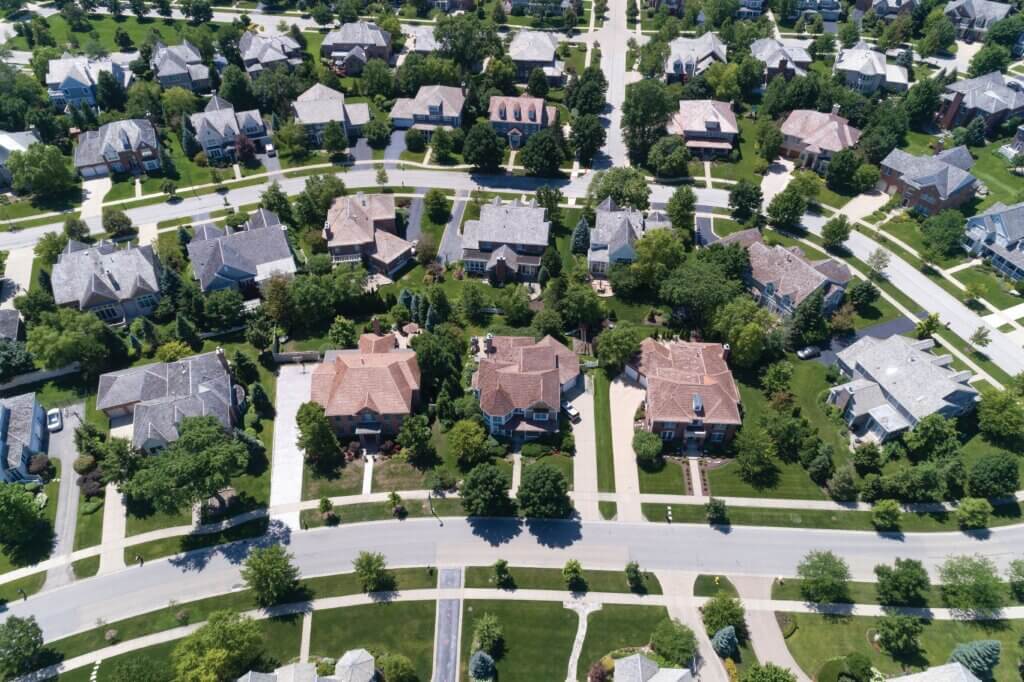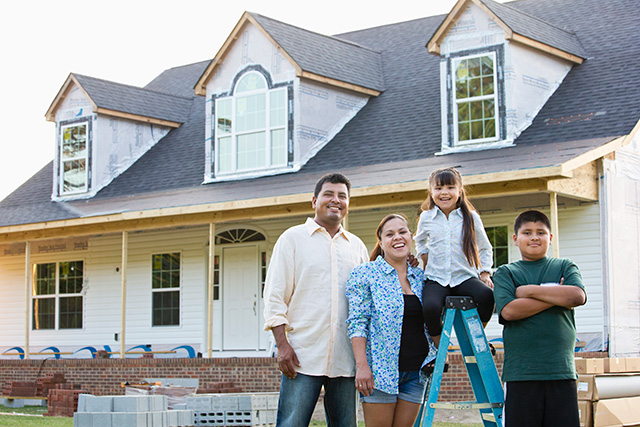Giving Credit Where it’s Due: Latinos and Credit Scores
By Agatha So, Policy Analyst, Economic Policy Project, NCLR

In the run up to the Great Recession, Latinos and other low-income homebuyers of color more often than not received higher-priced mortgage loans than White borrowers. Today, Latinos and low-income communities of color are still being short-changed in the mortgage market.
In 2015, few mortgages were made to Latino and Black borrowers, with 8% of all home purchase loans made to Latinos, and only 5% going to Black borrowers. Tight lending standards have made it difficult for millions of Americans to buy a home since the Great Recession, especially for Latinos and low-income families with credit scores below 700. While the minimum credit score needed to qualify for a home loan has increased by 40 points, the credit scores of Latinos who receive mortgages have increased by nearly 80 points since 2000. Moreover, Latino borrowers are less likely than White borrowers to have a credit score and full credit history, making them appear riskier to lenders than they really are.
Keep up with the latest from UnidosUS
Sign up for the weekly UnidosUS Action Network newsletter delivered every Thursday.
Share of loans to Hispanic borrowers by credit score
| Credit Score Range | Hispanic, 2000 | Hispanic, 2006 | Hispanic, 2014 |
| Less than 540 | 1.49% | .88% | .19% |
| 540-579 | .51% | .71% | .13% |
| 580-619 | .96% | 1.48% | .60% |
| 620-659 | 1.23% | 1.92% | 1.55% |
| 660-699 | 1.11% | 1.98% | 1.82% |
| 700-739 | .96% | 1.76% | 1.45% |
| 740-779 | .80% | 1.29% | 1.19% |
| 780 or more | .29% | .56% | .77% |
Source: Home Mortgage Disclosure Act data merged to FRBNY Consumer Credit Panel/Equifax
Meanwhile an entire generation of families who lost significant wealth and savings to foreclosure continues to struggle in today’s economy. After Latinos lost their homes to foreclosure, more than half of Latino households remained renters long after Black and White households got a second chance as homeowners. Families who lost their homes to foreclosure after the 2007 financial crisis saw their credit scores sink immediately. Today, families are having a hard time and continue to struggle as they work to rebuild their credit.
Just as NCLR’s Homeownership Network of housing counseling agencies assisted homeowners facing foreclosure soon after the financial crisis, they are now helping Latino homebuyers beat the odds with financial counseling and coaching. Gerardo Ravelo, Financial Education Program Coordinator with NCLR Affiliate Spanish Coalition for Housing, has recently been helping many clients with credit scores in the 600s. He helps clients review their credit reports, identify errors and work with credit reporting agencies to repair their credit. Over time, his clients are able to re-build their credit history and their credit scores improve.
Among his clients are Latino homebuyers like Mr. James (name changed at client’s request). Mr. James first met Ravelo this past spring, when he was looking to qualify for a mortgage to buy a home in Chicago. James looked for a home 10 years ago, before lenders came out with low-down payment mortgages. He was told he would need to provide $20,000 in a down payment to qualify, which at the time he could not afford. This past spring James tried again, and he started out with a FICO Score of 640. Today, James is working with Spanish Coalition for Housing to clean up his credit and improve his score so he can one day qualify and buy his first home. Mr. James is hopeful that working Spanish Coalition for Housing will be his opportunity to buy his first home—something he has thought about doing for a long time.
The future success of the housing market depends on the ability of creditworthy borrowers to qualify for a mortgage and purchase a home. Latinos and other communities of color, who will form the majority of households in the next decade, need affordable and sustainable homeownership opportunities to build wealth. Unless the housing finance system—Fannie Mae and Freddie Mac, also known as ‘the Enterprises’ and home lenders included—re-evaluates its methods of measuring a borrower’s risk and makes standards clear in order to open the doors to creditworthy borrowers with lower credit scores (below 700) and modest incomes, the chances for future American homebuyers will be slim. NCLR is committed to working with policymakers, lenders, and the Enterprises to ensure that creditworthy Latino borrowers and other American households can qualify for an affordable mortgage and build wealth.


